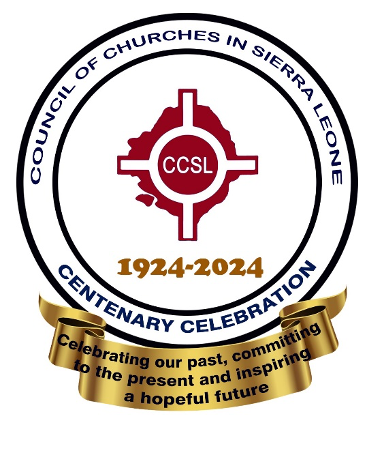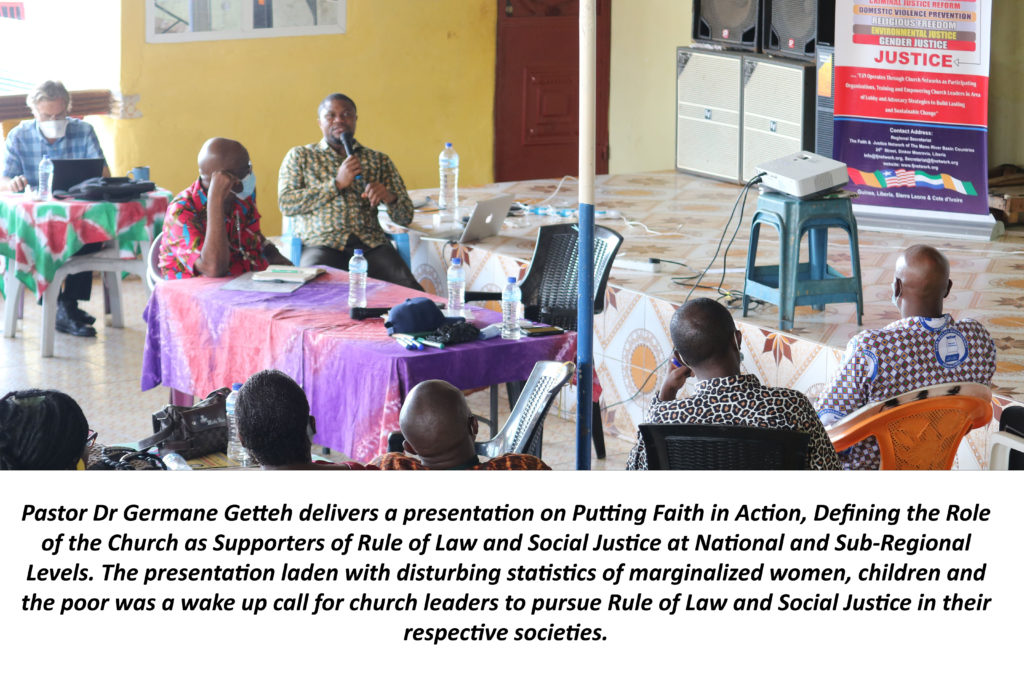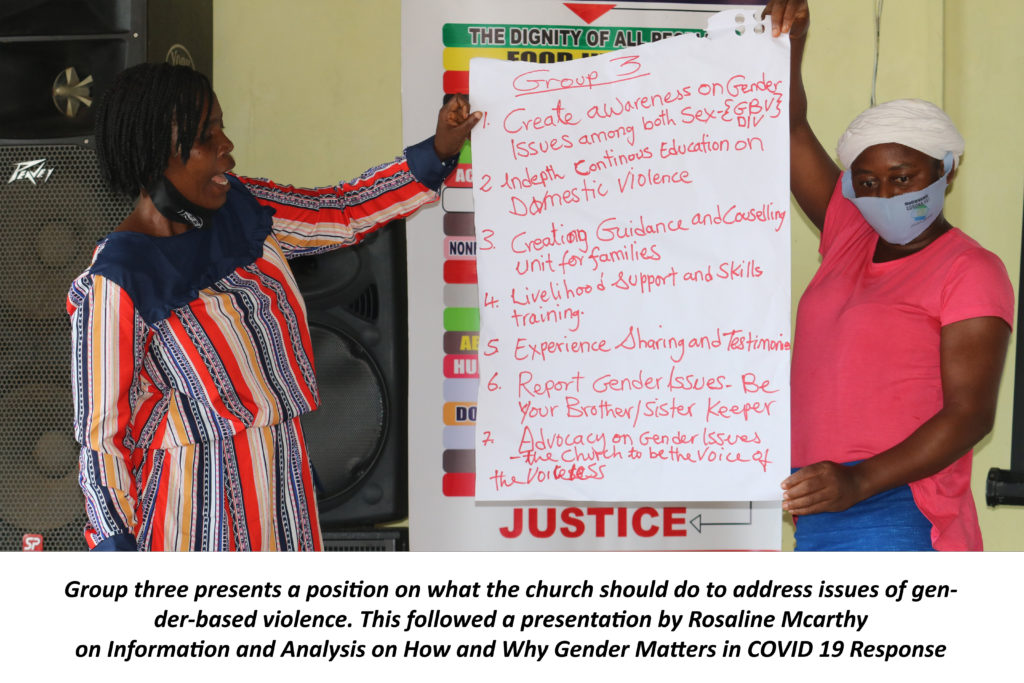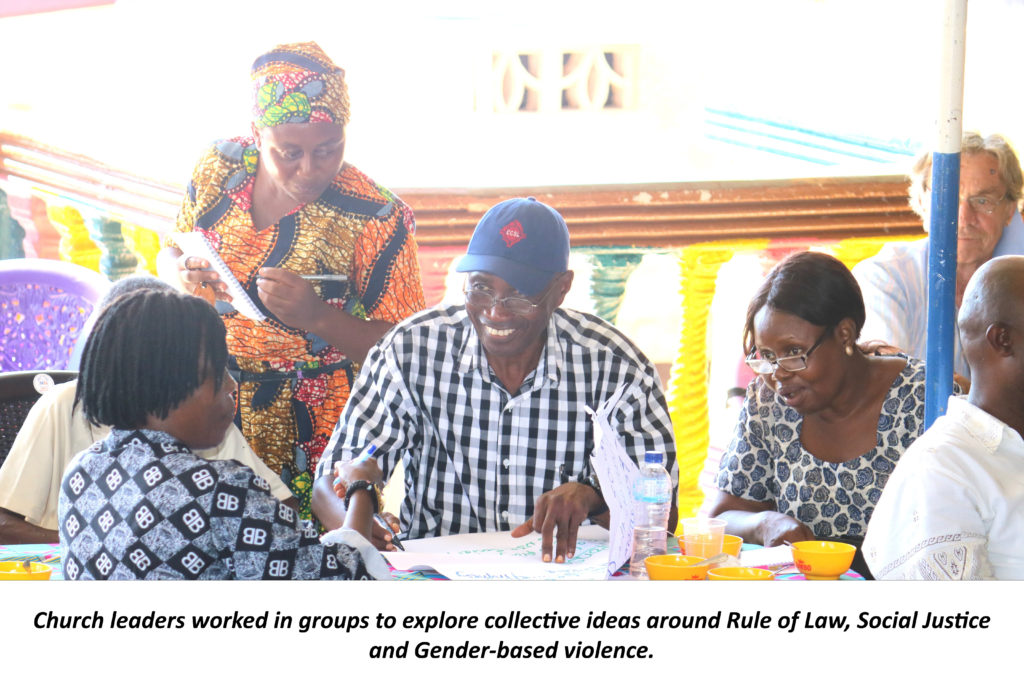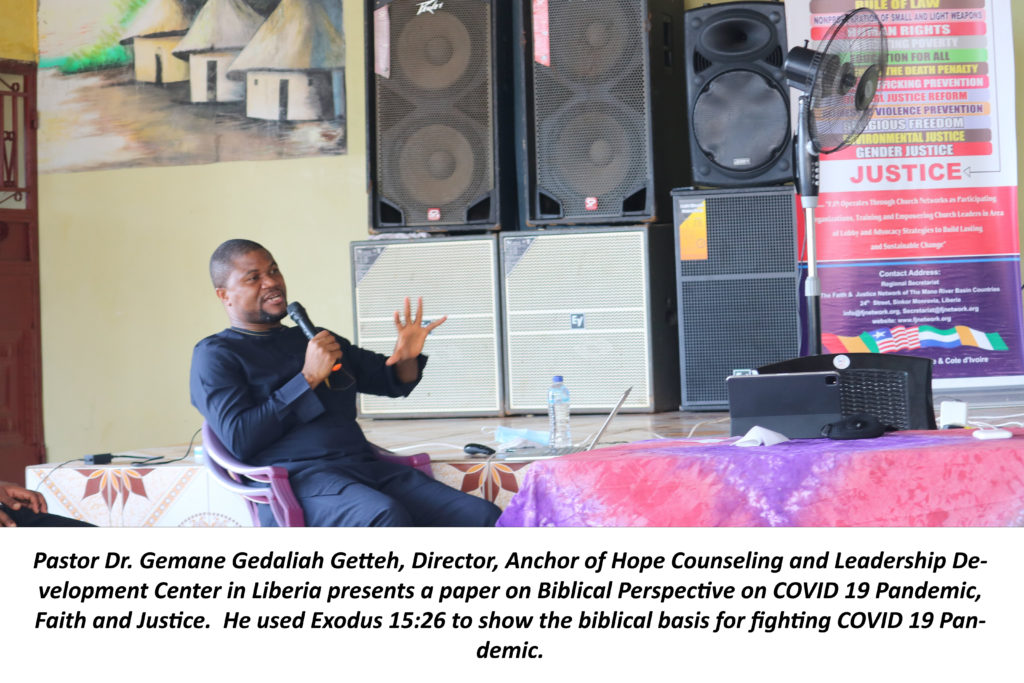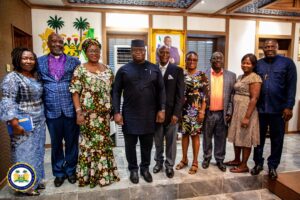
Sierra Leone’s President Julius Maada Bio Receives Council of Churches in Sierra Leone on Centenary Celebrations, Recognizes Their Role in Peace-building.
Sierra Leone’s President Julius Maada Bio Receives Council of Churches in Sierra Leone on Centenary Celebrations, Recognises Their Role in Peace-building State House, Freetown, Thursday
